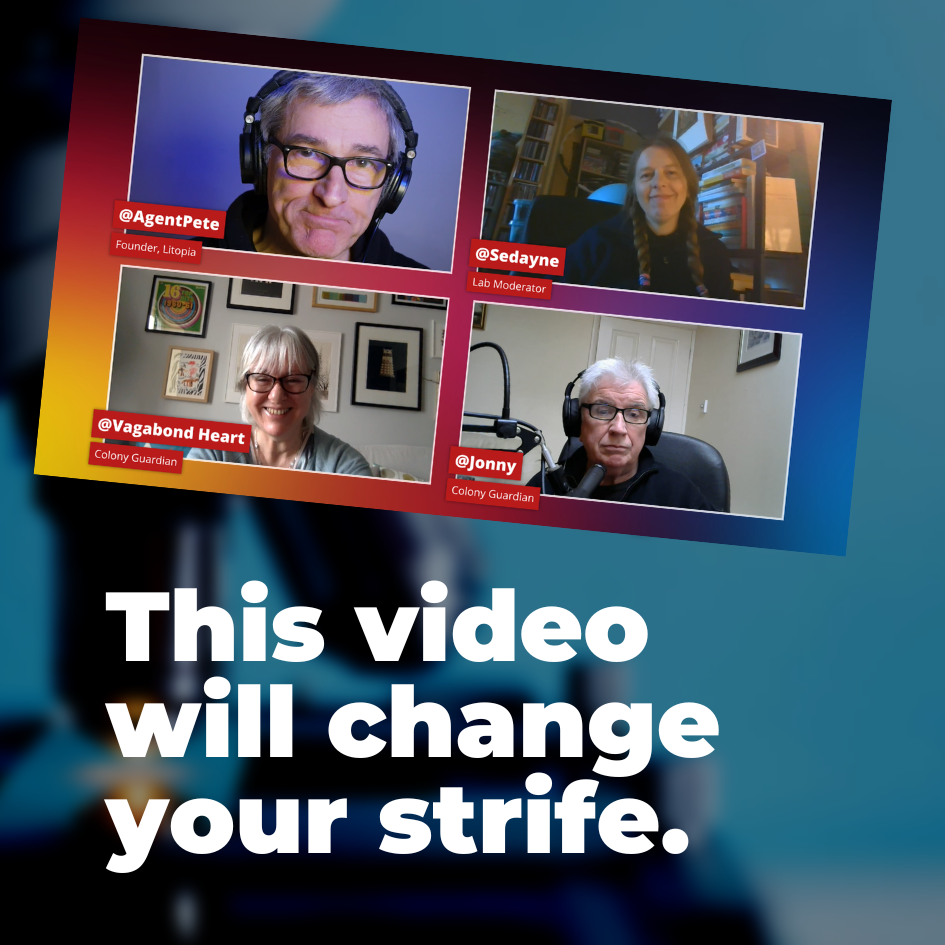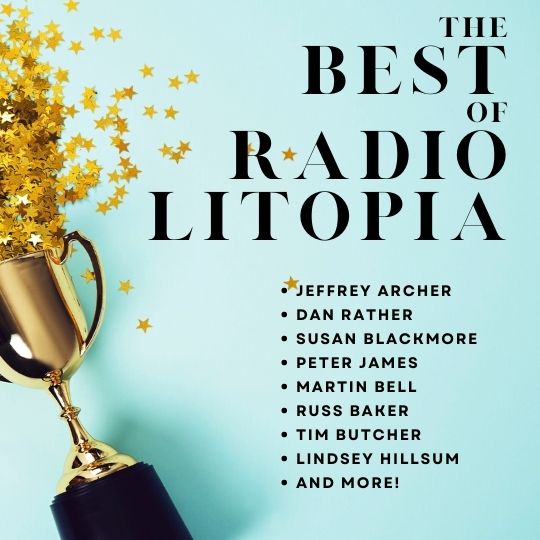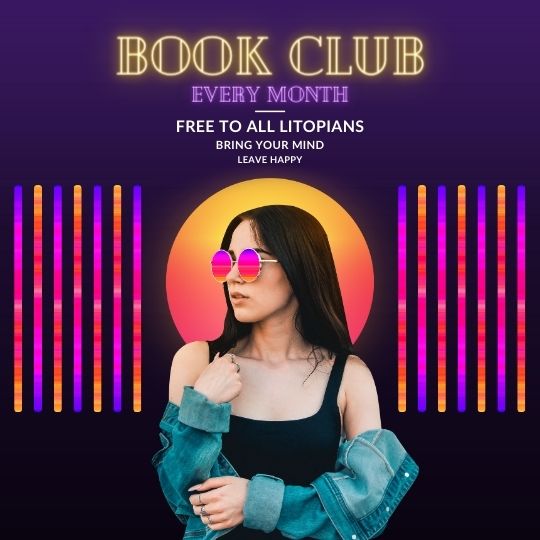As self-published authors, we censor our own material... Or do we? I allow my characters free-rein. I am an advocate for free-speech. In my opinion, free-speech is the very spine of a free world. Yet our morals will vary greatly and, in my experience anyway, characters express themselves and I find myself asking the question: is that helpful to the story? If I allow the character to say that, it's going to take us down a road where maybe I'm going to step over the line... But where is the line? Especially for an author who is self-censoring where that line is...
In every novel I have found myself challenging my characters about where the line is drawn. In Raw Nerve, a novel with the focus on racism where my protagonist goes undercover to smash the Ku Klux Klan, I created the antagonists to be as racist as I dare go, because I wanted the reader to detest them. But how far is too far...? A few have written to me to state strongly how deeply offensive they find the novel - though none of the complainers are of African ethnicity. In fact, the first agent for that novel was African-American and she proclaimed it the next big black novel and, actually, I take great pride in the fact I upset a few white men and woman.
And in The Drama Merchant there is a atheist who rips into christianity and I know he'd going to upset people, but he only says the truth, and, in my opinion, it is necessary the truth is vocalised... but who am I to judge how deeply I hurt or offend people? My agent (not the same agent as Raw Nerve) at the time was very offended by the character Steve - possibly why he is no longer my agent. It was obvious, either I take the words out of Steve's mouth or he couldn't represent the novel. I self-published the novel in the end and I'm still questioning the wisdom of my decision. Obviously I would have sold a load more books had I re-written Steve's dialogue.
In A Seed Once Sown there were other moral dilemmas where characters did things that are morally questionable, but were relevant to the story...
I just think this is is a good discussion point for authors, because we all create characters who may offend...?
In every novel I have found myself challenging my characters about where the line is drawn. In Raw Nerve, a novel with the focus on racism where my protagonist goes undercover to smash the Ku Klux Klan, I created the antagonists to be as racist as I dare go, because I wanted the reader to detest them. But how far is too far...? A few have written to me to state strongly how deeply offensive they find the novel - though none of the complainers are of African ethnicity. In fact, the first agent for that novel was African-American and she proclaimed it the next big black novel and, actually, I take great pride in the fact I upset a few white men and woman.
And in The Drama Merchant there is a atheist who rips into christianity and I know he'd going to upset people, but he only says the truth, and, in my opinion, it is necessary the truth is vocalised... but who am I to judge how deeply I hurt or offend people? My agent (not the same agent as Raw Nerve) at the time was very offended by the character Steve - possibly why he is no longer my agent. It was obvious, either I take the words out of Steve's mouth or he couldn't represent the novel. I self-published the novel in the end and I'm still questioning the wisdom of my decision. Obviously I would have sold a load more books had I re-written Steve's dialogue.
In A Seed Once Sown there were other moral dilemmas where characters did things that are morally questionable, but were relevant to the story...
I just think this is is a good discussion point for authors, because we all create characters who may offend...?




